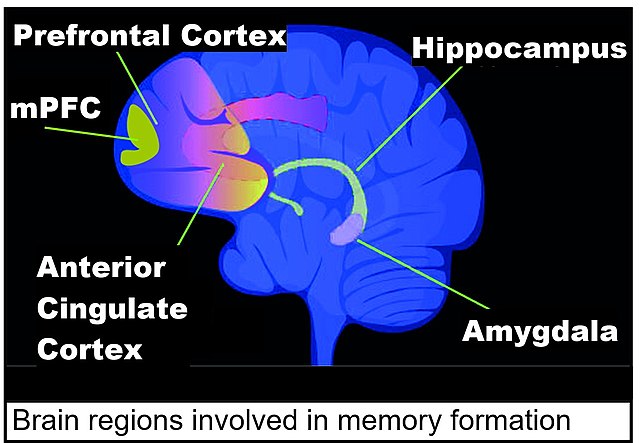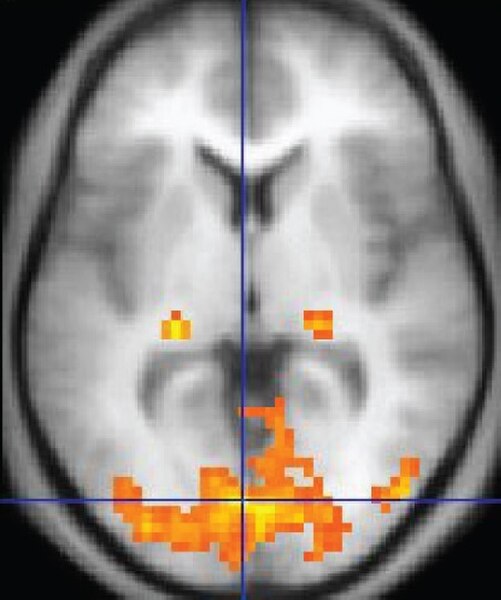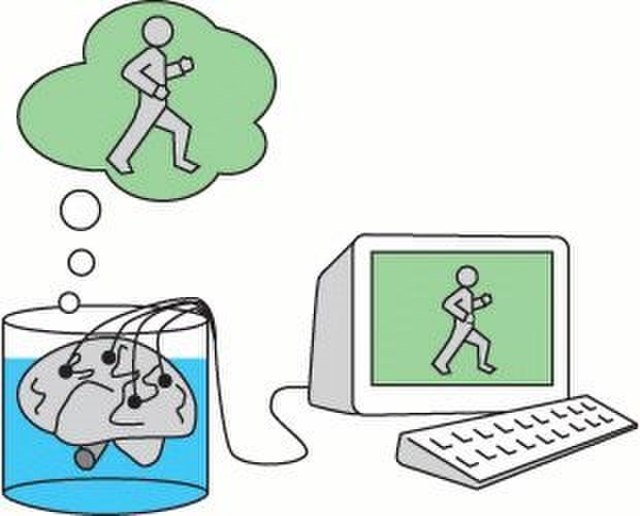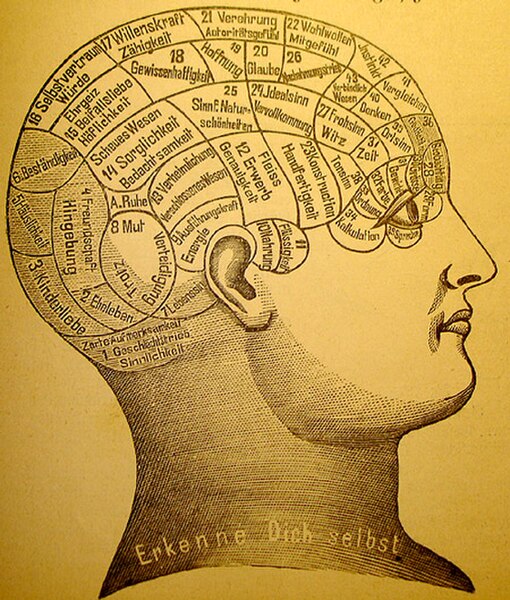Memory is the faculty of the mind by which data or information is encoded, stored, and retrieved when needed. It is the retention of information over time for the purpose of influencing future action. If past events could not be remembered, it would be impossible for language, relationships, or personal identity to develop. Memory loss is usually described as forgetfulness or amnesia.
Olin Levi Warner's 1896 illustration, Memory, now housed in the Thomas Jefferson Building at the Library of Congress in Washington, D.C.
The garden of oblivion, illustration by Ephraim Moses Lilien
Regulatory sequence in a promoter at a transcription start site with a paused RNA polymerase and a TOP2B-induced double-strand break
Brain regions involved in memory formation including medial prefrontal cortex (mPFC)
The mind is the totality of psychological phenomena, including thought, perception, emotion, motivation, memory, and learning. It encompasses both conscious processes, through which individuals are aware of external and internal circumstances, and unconscious processes, which can influence individuals without their awareness. Traditionally, minds were often conceived as separate entities that can exist on their own but are more commonly understood as features or capacities of other entities in the contemporary discourse. The mind plays a central role in most aspects of human life but its exact nature is disputed; some theorists suggest that all mental phenomena are private and directly knowable, transform information, have the ability to refer to and represent other entities, or are dispositions to engage in behavior.

Obsessive–compulsive disorder is a mental disorder in which a person follows compulsive rituals, like excessive hand washing, to alleviate anxiety caused by intrusive thoughts.
Functional magnetic resonance imaging is a neuroimaging technique to detect brain areas with increased neural activity (shown in orange).
Philosophers use thought experiments to explore the nature of the mind and its relation to matter, for example, by imagining how a brain in a vat would experience reality if a supercomputer fed it the same electrical stimulation a normal brain receives.
Phrenology was a pseudoscientific attempt to correlate mental functions to brain areas.








